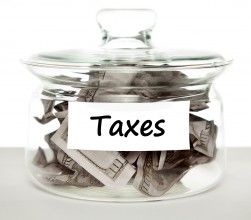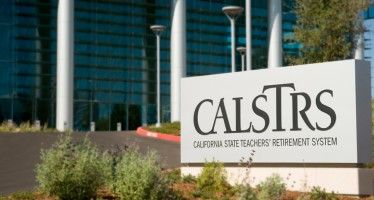Legislature to consider taxing snacks

 A tax on snacks may soon be back.
A tax on snacks may soon be back.
A bill introduced by Assemblywoman Cristina Garcia, D-Bell Gardens, would roll back the sales and usage tax exemptions for certain, less-nutritious, snack foods.
The measure, part of Garcia’s agenda to highlight inequities in the tax code, requires a heavy lift to become law. In 1992, voters repealed a tax on snacks, leaving most candy and junk food exempt from sales tax. The measure requires two-thirds majority and a vote of the people.
Garcia’s office estimates the measure would bring in around $1 billion in tax revenue annually.
While the additional revenue could fund any number of priorities, Garcia has long sought to make a point that snacks with little nutritional value are not taxed, while necessities — feminine hygiene products like tampons — are.
“As I took a closer look at our tax code, it became apparent that while California’s policy is to tax luxury items, the reality is that it’s inconsistent,” Garcia said in a statement. “We tax necessities like tampons but exempt chocolate bars.”
Anti-tax groups are already lining up against the measure, arguing that it was an “administrative nightmare” to tax some items and not others.
“California voters repealed the snack tax 25 years ago by a resounding two to one margin,” said David Wolfe, legislative director for the Howard Jarvis Taxpayers Association. “They stated very clearly then that they didn’t want a regressive and punitive billion dollar tax that predominantly targeted low-income individuals. Nothing has changed.”
Related Articles
Prop. 25 Will Weaken Prop. 13
SEPT. 27, 2010 By WAYNE LUSVARDI What voters and even taxpayers associations don’t seem to recognize about the upcoming November
LAO: Teacher pension fund too risky and complex
Policy analysts are calling on state lawmakers to simplify the way the teachers’ pension fund gets funded — to improve oversight
Pension 'pain train' coming
JULY 8, 2010 By KATY GRIMES California’s private sector employees are not only paying for their own pensions and retirement



